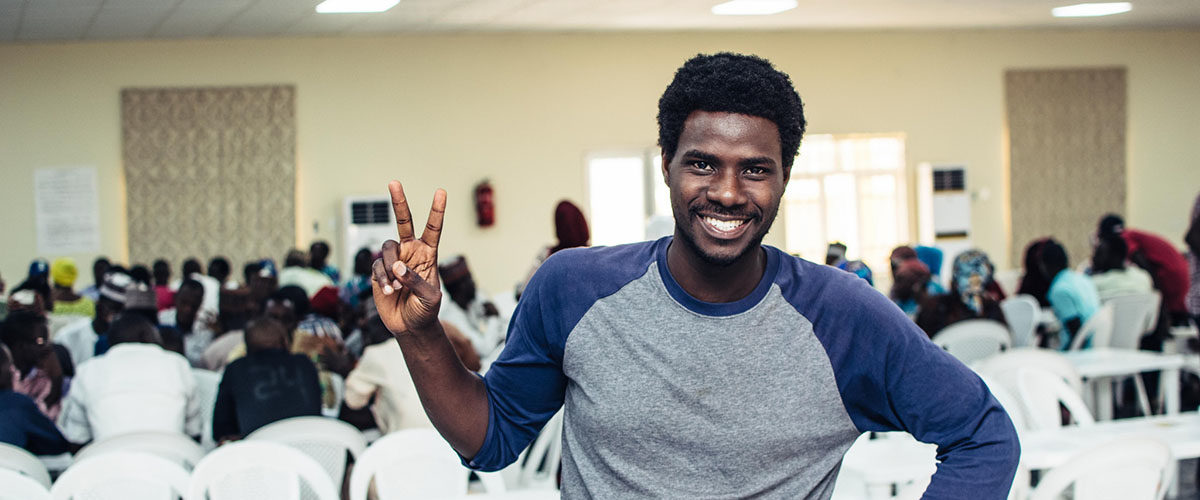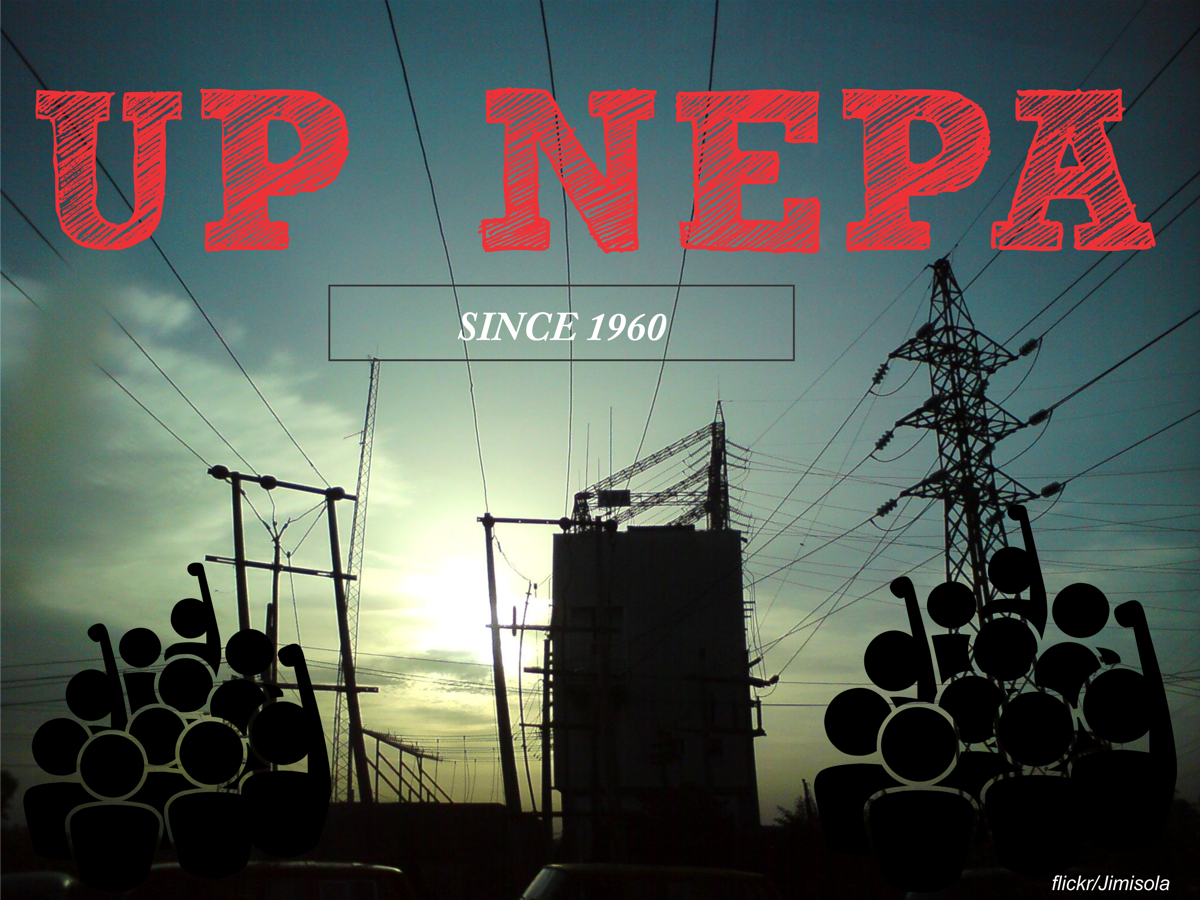South Africa has three times, the total electricity generation capacity of all the 18 countries in West Africa! Currently, the electricity sector in the West Africa States provides power supply to only about 30% of the population. The region’s maximum load is just above 10,000 MW as against a total energy demand of approximately 50,000 GWh, out of which over 85% is accounted for in the three primary electricity exporting countries (Nigeria, Ghana and Cote d’Ivoire), with nearly 57 % for Nigeria alone. Are solutions far-fetched?
1. Political will is essential. It will take fifteen years to get power to every household in the country. Nigeria, which has 60% of the total population of West Africa will need 200,000 MW for its growing population. With lessons from Turkey, it took them 14 years to add 42,000MW to their electricity generation capacity, to make it to the present 70,000MW. Consequently, reforms such as recasting of the earlier players involved in the privatisation deals. The Ministry of Power itself would need to invest in long years of capacity building and sophisticated information technology systems that will avail it proper monitoring and implementation mechanisms. The Ministry might also want to do away with the numbers of regulatory agencies involved in the market presently. In doing this, the government would have built credibility for private investors.
It will take fifteen years to get power to every household in the country if reforms is focused on capacity to implement.
2. Open The Market. The present framework which states that investors should return a certain percentage to the grid might be a turn in the neck for business. Gas and Coal will be dominant technologies by 2040. So, why not allow investors to propose the energy mix they will be involved in, while the Ministry of Environment intervene in making sure proper Environmental Impact Assessment is done. The present grid system needs to be overhaul as there are several deficiencies in the system and infrastructures that power it. For instance, estate associations can decide to contribute and develop their energy system, while the government focuses on generating revenue in the form of tax from such arrangement. Community associations can as well agree on affordable electricity generating systems that government can advise on.
3. The Demand Side Myth. Private investors will only survive in cities like Lagos, Abuja, Portharcourt, Abia and Kano. This is where you have the semi-urban centres of Nigeria, and also where industries are, as such, they have people that can actually pay for power. What happens to the remaining 120 million? 80% of them live under the poverty line, and might not be able to afford to pay power bills. From lessons from the present privatization, it will be advisable for the government to focus on such communities, while it leaves private sectors to operate in the semi-urban centres. Also, citizens should know that they must protect the present infrastructures from vandals. They were all constructed using our money collected as tax, bills and rates.
No doubt. There is a direct correlation between economic growth and electricity supply. If Nigeria is to fulfil its promise of the present Economic Recovery and Growth Plan, and West Africa is to deliver on its Economic Community of West African States Power Pool, it needs power—and lots of it. What do you think?


I agree with your point but I still think you did not say anything in regards to metering, I remember reading an article that explains why PPP won’t work for power and the core of the article was on metering. Maybe if we have an effective way of metering energy, maybe there might be some little interest in the sector.
@Tunde many thanks for your comment. Absolutely, you are right as metering is one of the challenge, however, that will be addressed by the capacity to implement.If the Ministry of Power has set up a proper guideline and mechanism for Metering, then it becomes less headache for the investors.